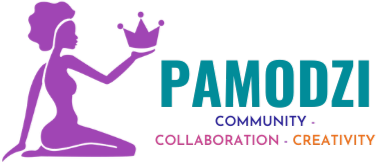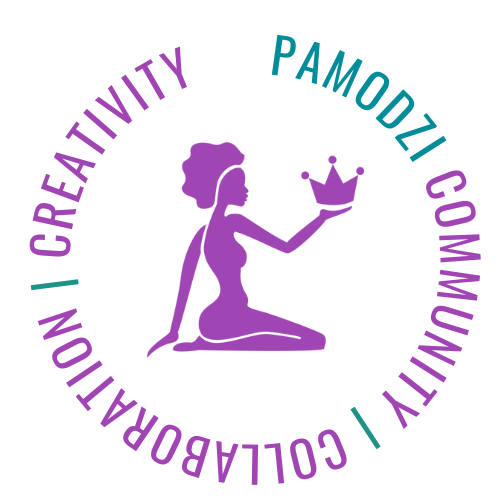
White Privilege vs. Racism
White privilege means not having to think about your race every single time you make a decision. It’s being able to wear your hair naturally to job interviews without being called a “savage”.
It’s being able to confidently write your name on job application forms without the thought that it might be the deciding factor of whether or not they accept you. It is the knowledge that you are judged on your character, your achievements, and your skills – not the colour of your skin.
White privilege is peace of mind when driving. It’s the ability to label casual racism as a joke because you’ve never experienced real, malicious racism and understand how scary that can be. It’s being able to book hotels for holidays, rather than being allocated to live in one permanently because you are a refugee. White privilege means not being stopped at airport security because your skin colour suggests that you aren’t entitled to your business class ticket or that you might have a bomb in your suitcase.
White privilege is being able to say, “There is only one race; the human race” because race has never been a barrier to you. It is the luxury to ignore the fact that Black people in the UK are over 3 times more likely to be arrested than White people; it is the luxury to ignore the
harrowing reality that refugees with lighter skin colour are much more likely to receive help than those with darker skin; it is the luxury to ignore the ongoing harassment that British Muslims experience when strangers hiss comments like “Isis” or “suicide bomber” as they
walk by.
White privilege is not racism, and having it does not necessarily mean that you are racist. However, it is racism that allows for white privilege.
Racism is waving food in your peers’ faces during Ramadan instead of respecting their traditions. Racism is to laugh and point at their hijabs when standing behind them in the lunch queue. It is to pull your eyes back until they are slits and question someone’s cultural identity
because they are not good at maths. It is yelling racial slurs in the corridors at others because you think it’s funny. It is crossing the road instinctively when you see a person of colour walking towards you because the media that you’ve been surrounded by your whole life views
Black people as thugs and Muslims as terrorists. It is telling someone that they “speak good English”, despite it being their first language. It is the surprise in your voice when you meet a Black boy who doesn’t like sports or the slight shock on your face when you meet a person of
colour who has a Western-sounding name.
Why are the most deprived neighbourhoods the ones with the least White residents? Why are the majority of unskilled workers people of colour? Why do we have no Black teachers? To cite Dr. Nilanjan Dasgupta, Professor of Social Psychology, “Racism is structural bias. It is
residential segregation. It is policies that are made, often intentionally, to create and then justify inequality.” Racism in its entirety, may be something out of the individual’s control, but we have the power to change our own biases. It may not seem like much, but a slight
preference or bias decides whether or not someone gets shot. A slight preference or bias affects whether or not someone is called in for a job interview. A slight preference or bias is the extra time health professionals spend with a patient; potentially making the difference
between life and death. (Vox, 2021, 9:15)
Saying that “racism exists but I can’t do anything about it” is an excuse to shirk responsibility. No, we might not be able to alter the systems that allow for and support racism, but we can change the way we interact with them. The question is how? How can we change our reactions
to subtle stereotyping in movies? How can we become more critical of the stories we see on social media? How can we become more understanding of different viewpoints and learn to respect others? Every day, we have all kinds of choices that we can either make or passively not make. We live in a society where we benefit from racism. That does not mean that we are all individually racist, but we are complicit in some way.
What decisions do we need to make in order to break from this complicity? How can we commit to being anti-racist?
_________________________________________________________________________
Further reading (or watching, actually):
How racist am I?
What white people can do to move race conversations forward (TED talk)
References:
Ferris-Rotman, A. (2022, March 1) They Called Ukraine Home. But They Faced Violence
and Racism When They Tried to Flee. Time. https://time.com/6153276/ukraine-refugeesracism/
Home Office. (2022, May 12). Ethnicity facts and figures, Arrests. GOV.UK.
https://www.ethnicity-facts-figures.service.gov.uk/crime-justice-and-thelaw/policing/number- of-arrests/latest
Ministry of Housing, Communities and Local Government. (2020, June 16). Ethnicity facts and
figures, People living in deprived neighbourhoods. GOV.UK. https://www.ethnicity-factsfigures.service.gov.uk/uk-population-by-ethnicity/demographics/p eople-living-in-deprivedneighbourhoods/latest
Office for National Statistics. (2022, July 27) Ethnicity facts and figures, Employment by
occupation. GOV.UK. https://www.ethnicity-facts-figures.service.gov.uk/work-pay-andbenefits/employment/employ ment-by-occupation/latest#by-ethnicity-and-type-ofoccupation
Vox. (2021, March 30) How racist am I?[Video]. YouTube. https://youtu.be/ho2IpTpgRUQ


